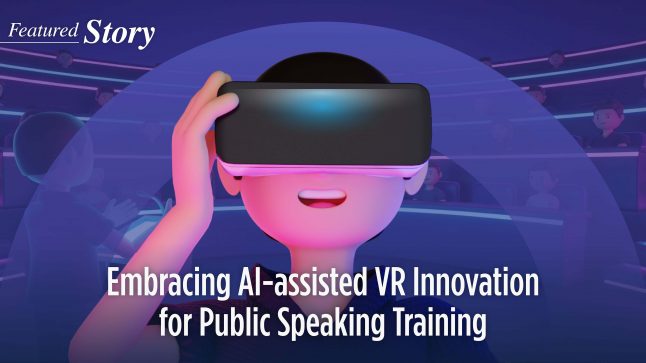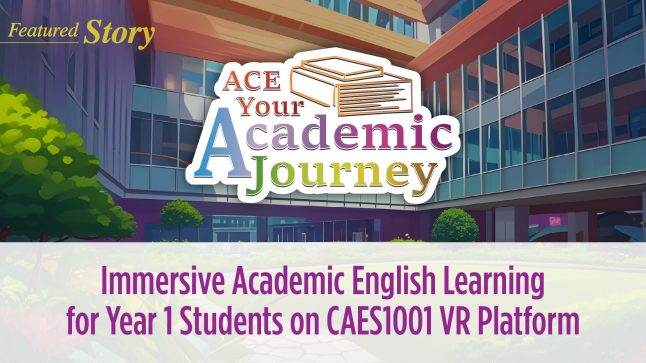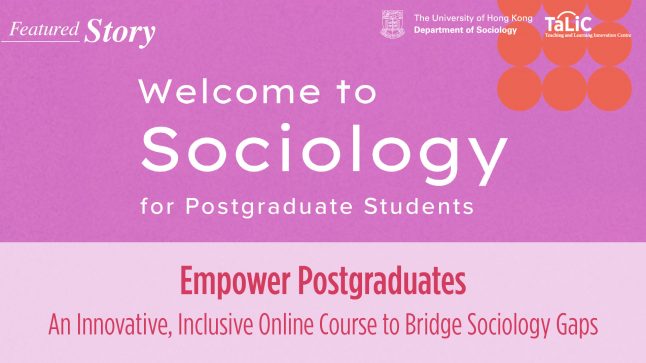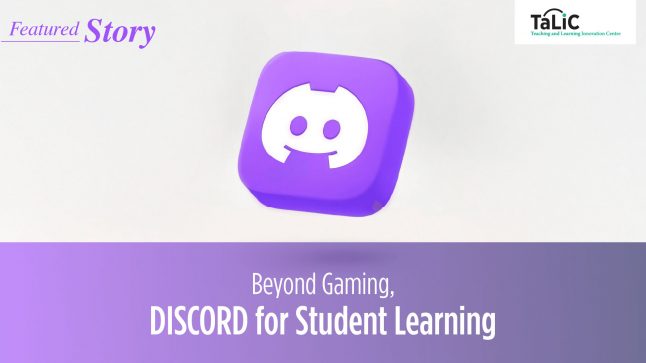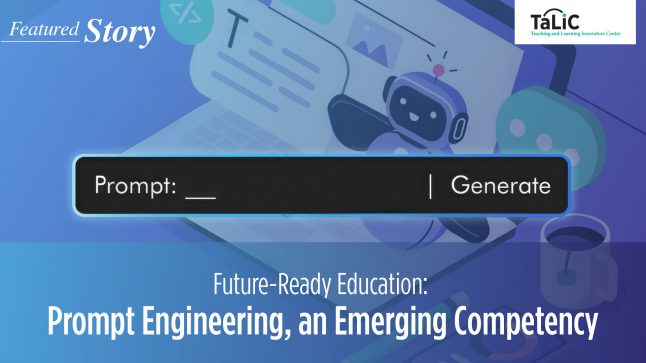
Thinking of incorporating technology in teaching but not sure where to start? We are here to help!
The TELI team, together with Information Technology Services (ITS), Centre for the Enhancement of Teaching and Learning (CETL) and HKU Libraries (HKUL) endeavour to provide diverse and extensive e-learning support services to teachers.
Our team specializes on providing
- support in instructional design and content production, such as developing Massive Open Online Courses (MOOCs), Small Private Online Courses (SPOCs), flipped classrooms and instructional videos;
- pedagogical support in e-learning;
- support in using e-learning technologies in teaching, such as mobile applications, augmented reality (AR), virtual reality (VR), Moodle, e-portfolio, etc;
- professional development training for teachers;
- data analysis for teaching and learning.
You may also reach out to:
- CETL for face-to-face professional development training;
- ITS for Moodle-related enquiries, classroom lecture capture services and any technical enquiries in general; and
- the Libraries for Turnitin- and Endnote-related enquiries.
Empower yourself. Empower HKU. Don’t hesitate to contact us if you are looking for ways to innovate your teaching!
Contact List
We are here to help!
| Strategic development and content creation | ||
|---|---|---|
| University’s e-learning strategy and associated policies | Prof. Ricky Kwok | Ricky.Kwok@hku.hk |
| Development of Massive Open Online Courses (MOOCs) and Small Private Online Courses (SPOCs) | ||
| Development of flipped classroom and classwork activities | Dr. Leon Lei | culei@hku.hk |
| Production of instructional videos | ||
| Application of e-learning technologies (including apps, AR, VR, 360-degree photography) |
||
| Application of e-portfolio and mobile learning |
| Professional development | ||
|---|---|---|
| Face-to-face training | Dr. Leon Lei / Dr. Luke Fryer | culei@hku.hk / fryer@hku.hk |
| Online training | Dr. Leon Lei | culei@hku.hk |
| Coaching for DIY e-learning development |
| Moodle | ||
|---|---|---|
| General enquiries | ||
| Google Drive service in Moodle | ||
| Face-to-face training | Ms. Ada Yau | adayau@hku.hk |
| Adoption of Moodle in a new pedagogical setting | Dr. Leon Lei / Dr. Luke Fryer | culei@hku.hk / fryer@hku.hk |
| Turnitin | ||
|---|---|---|
| General enquiries (Turnitin.com) | turnitin@hku.hk | |
| General enquiries (Moodle) | eLearningTeam@hku.hk | |
| Cloud-based essay marking (GradeMark / Feedback Studio) | Dr. Leon Lei | culei@hku.hk |
| Others | ||
|---|---|---|
| Classroom lecture capturing via Panopto | eLearningTeam@hku.hk | |
| Data analysis and data mining for teaching and learning | Dr. Leon Lei | culei@hku.hk |
| Adoption of Google tools in a new pedagogical setting | ||
| General enquiries | ||
|---|---|---|
| Pedagogical enquiries | enquiry@teli.hku.hk | |
| Technical enquiries | eLearningTeam@hku.hk | |
You may also download the PDF version here.


